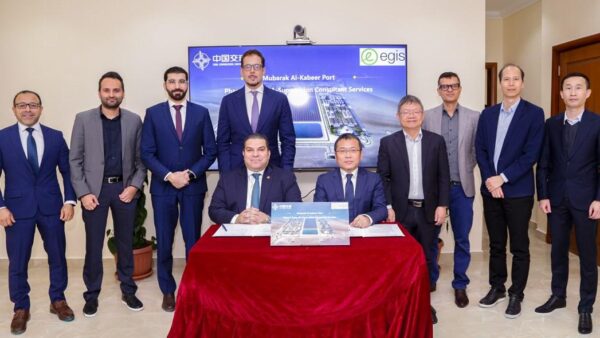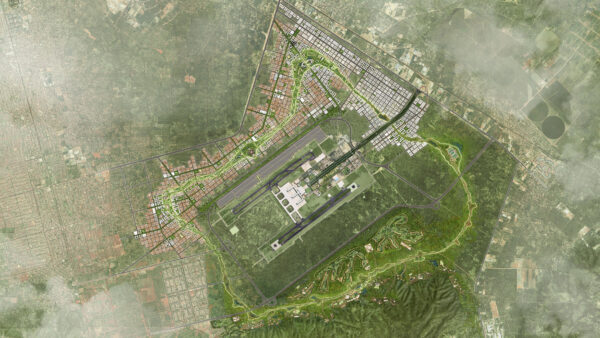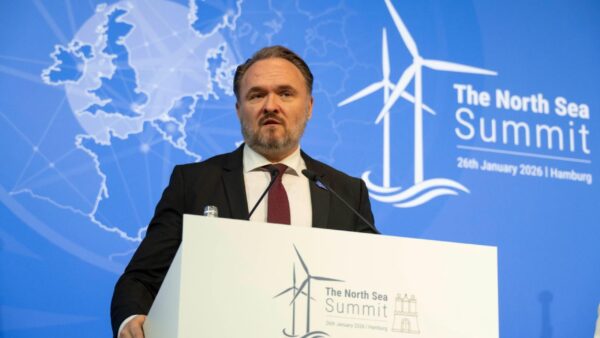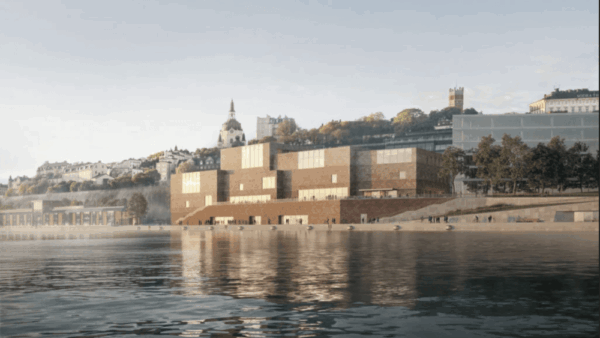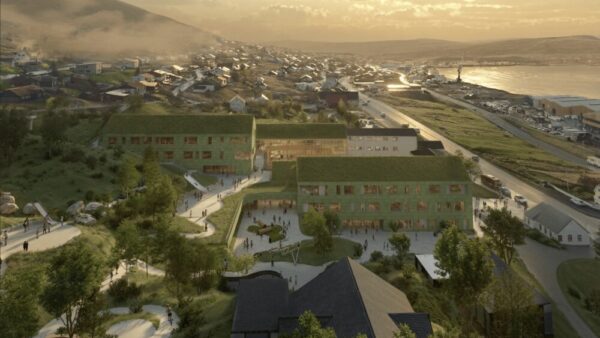The UK, Denmark and the Netherlands have approved four agreements with Somaliland to fund infrastructure and boost economic growth.
The biggest project will upgrade the road between the self-declared republic’s second-largest city, Burao, and the port of Berbera.
It will add 82km of all-weather asphalt, resurface bridges and renew drainage to benefit 50,000 regular road users and boost trade in livestock, agriculture and fish.
Another scheme will improve the supply of water to the people of Hargeisa, Somaliland’s capital city (pictured).
It will help the Hargeisa Water Agency extract 4,000 extra cubic metres of water a day from the Laasdhure aquifer. This will increase the water available in Hargeisa by more than 20%, which the British embassy says is enough to meet the needs of a 200,000 people.
The money will also pay for a fishing jetty in the port of Maydh to improve trade between Berbera and the 750,000 people living in the hinterland of Sanaag, and help get fish to markets.
The fourth scheme involves soil conservation and agriculture.
The British Ambassador to Somalia, Ben Fender, said: “These projects will improve the lives of hundreds of thousands of people by creating jobs and unlocking the region’s economic potential. At a time of huge challenges for Somaliland, including tackling COVID-19, this demonstrates the UK’s commitment to the people of Somaliland.”
Mette Knudsen, the Danish ambassador, said the projects would have “catalytic effects” on Somaliland’s economic development.
The funders did not say how much money they were providing.
The National Development Plan has been costed at $2.1bn between 2017 and 2021, only $81m of which is expected to be supplied by the government of Somaliland.
The schemes are part of the second phase of the Somaliland Development Fund programme, called SDF2.
UK consulting engineer Mott MacDonald has been appointed SDF2 manager.
Image: Somaliland’s capital of Hargeisa (Retlaw Snellac/CC BY 2.0)
Further reading:

